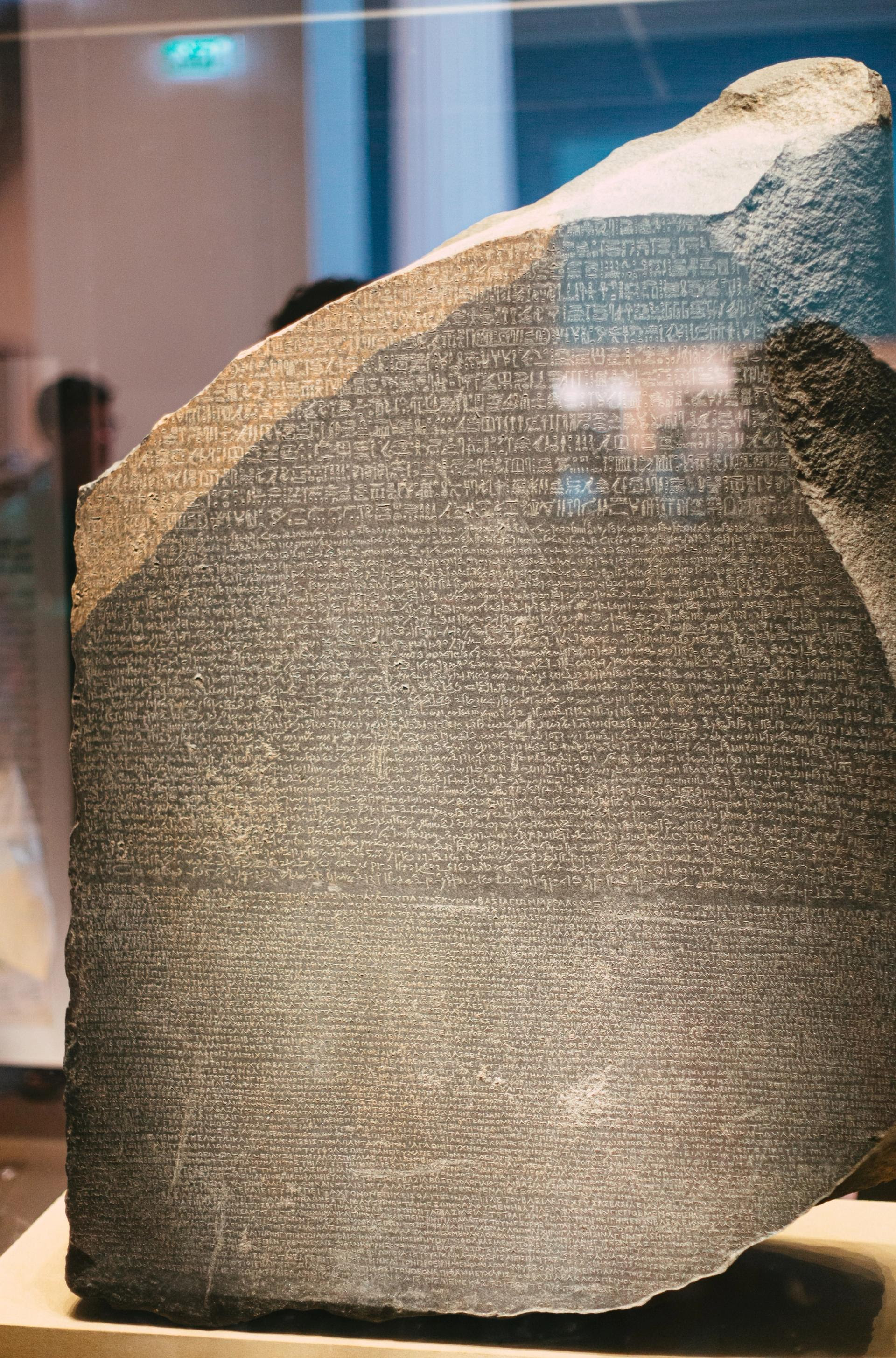British Museum drops reference to the Rosetta Stone from title of major refurbishment plans
Ton Cremers Sens
British Museum drops reference to the Rosetta Stone from title of major refurbishment plans

The British Museum has quietly dropped the title Rosetta Project from its ambitious plan to redisplay the entire permanent collection. Although no reason for the change has been given, presumably it was seen as insensitive to refer to an object that some believe should be restituted to Egypt. The development project will now be referred to by the more anodyne title of Masterplan.
Carved in 196BC, the Rosetta Stone is inscribed in hieroglyphic, demotic and Greek, which enabled the decipherment of ancient Egyptian texts. As the British Museum’s most important single object and one that played a key role in translation and understanding Egyptian civilisation, it had
originally seemed an appropriate name for the redisplay project.

The Rosetta Stone, which is inscribed with a decree in three languages, enabled researchers to read hieroglyphics © Matteo Vistocco
But although there has been no formal restitution claim, the former Egyptian antiquities minister Zahi Hawass has been vocal in calling for its return. It might therefore have seemed undiplomatic to have retained the project’s original name.
Up to £1bn
An announcement on the Masterplan is expected in the coming weeks. Unconfirmed reports suggest that it could eventually cost up to £1bn, making it by far the most expensive museum project ever undertaken in the UK.
There are two principal reasons for the Masterplan. First, the mainly pre-1914 building is badly in need of a thorough upgrade. Second, many of the displays are outdated and need to be refreshed and rethought. This is likely to shift the museum’s focus slightly away from Europe and the Mediterranean, to a more global presentation. Work on the galleries would be tackled on a staggered basis, hopefully leaving most of the collection on view. It is likely to take many years to complete, probably a decade or two.
